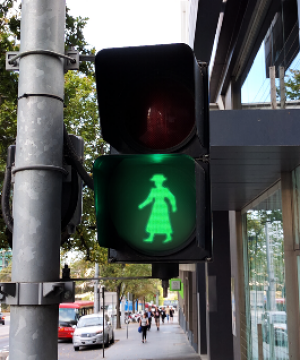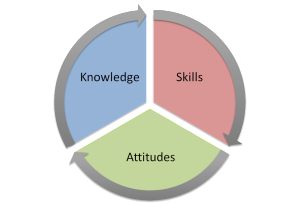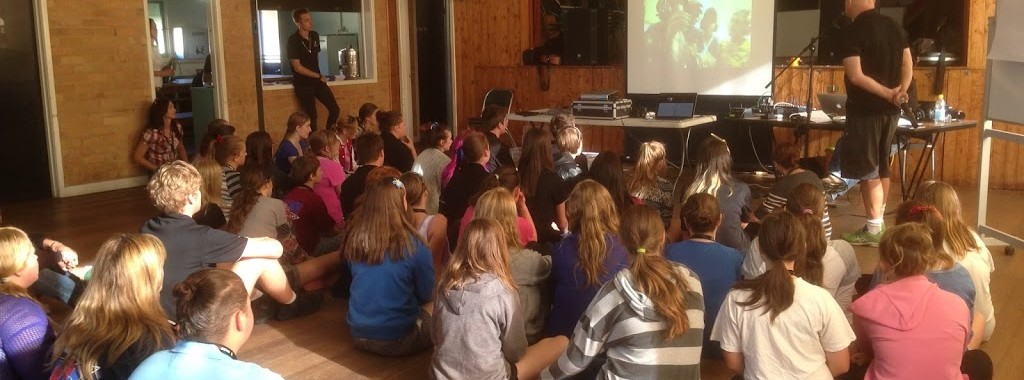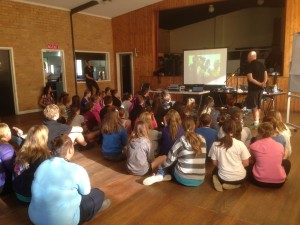 Key perspectives
Key perspectives
Sociologists analyse social phenomena at different levels and from different perspectives. Sociologists study everything from specific events (the micro level of analysis of small social patterns) to organisational and group structures (meso) to the “big picture” (the macro level of analysis of large social patterns). All developing into key perspectives.
Over the past 150 years or so sociologists have developed the ideas of the original European thinkers who gave us the conceptualisation of Sociology. But those original thinkers did give us the basis from which to see the world. Sociologists today still employ the three key perspectives: the functionalist perspective, the conflict perspective and the symbolic interactionist perspective,.
These key perspectives offer sociologists theoretical paradigms for explaining how society influences people, and vice versa. Each perspective uniquely conceptualizes society, social forces, and human behaviour.
Functionalism
First emerging in Europe throughout the 19th century the key perspective of Functionalism cemented itself at the pinnacle of sociological theory. French Sociologist Emile Durkheim led the charge and is considered the most influential of the functionalists. Into the 20th century American sociologist expanded the work most notably Talcott Parsons leading it to dominate through the post second world war era.
According to the functionalist perspective, also called functionalism, each aspect of society is interdependent and contributes to society’s functioning as a whole. The government, or state, provides education for the children of the family, which in turn pays taxes on which the state depends to keep itself running. That is, the family is dependent upon the school to help children grow up to have good jobs so that they can raise and support their own families. In the process, the children become law‐abiding, taxpaying citizens, who in turn support the state. If all goes well, the parts of society produce order, stability, and productivity. If all does not go well, the parts of society then must adapt to recapture a new order, stability, and productivity.
Conflict
There are many conflict perspectives which get lumped under this same banner all looking differently at the nature, cause and extent of conflict (Haralambos and Holborn, 2013). However, the basis of the key perspective, which originated primarily out of Karl Marx’s writings on Class Struggles and Max Weber’s on Social Stratification, presents society in a different light than do the functionalist and symbolic interactionist perspectives. While these other perspectives focus on the positive aspects of society that contribute to its stability, the conflict perspective focuses on the negative, conflicted, and ever‐changing nature of society. Unlike functionalists who defend the status quo, avoid social change, and believe people cooperate to effect social order, conflict theorists challenge the status quo, encourage social change (even when this means social revolution), and believe rich and/or powerful people force social order on the poor and the weak.
 Marxism and Feminism are the most widely recognisable conflict theories in the 21st century. These perspectives see conflict as a common and persistent feature of society, and not a temporary aberration. Marxism sees conflict in an economic real where the means of production are owned by the powerful, the Bourgeois and the Proletariate are oppressed because they lack access to their own means of production. Feminists argue that the world is Patriarchal and the power in the world, whether financial, legal, physically or other is in the hands of men. This leads to the oppression of women as a subgroup in society with limited access to their own means.
Marxism and Feminism are the most widely recognisable conflict theories in the 21st century. These perspectives see conflict as a common and persistent feature of society, and not a temporary aberration. Marxism sees conflict in an economic real where the means of production are owned by the powerful, the Bourgeois and the Proletariate are oppressed because they lack access to their own means of production. Feminists argue that the world is Patriarchal and the power in the world, whether financial, legal, physically or other is in the hands of men. This leads to the oppression of women as a subgroup in society with limited access to their own means.
Symbolic Interaction
Postmodernism has given rise to many key perspectives in sociological thought. One of the biggest concepts is that of symbolic interactionism. The symbolic interactionist perspective, also known as symbolic interactionism, directs sociologists to consider the symbols and details of everyday life, what these symbols mean, and how people interact with each other. Although symbolic interactionism traces its origins to Max Weber’s assertion that individuals act according to their interpretation of the meaning of their world, the American philosopher George H. Mead (1863–1931) introduced this key perspective to American sociology in the 1920s.
This meta-theory birthed within a post modernist framework has changed the way we view reality since the mid twentieth century. In a nutshell, “Post modernists reject the idea of universal truths about the world, instead suggesting that reality is a social construction. Therefore, all knowledge is merely a claim to truth, reflecting the subjectivity of those involved. Postmodernists focus on how truth-claims about the world are socially constructed. Thus there is no single reality or ultimate truth, only versions or interpretations of what is ‘real’, ‘true’, ‘normal’, ‘right’, or ‘wrong’” (Germov & Poole, 2015, 50-51).
Social Construction
Social Constructionism became a core theoretical framework with Austrian-American Sociologists Peter L. Berger and Thomas Luckmann’s 1966 book, The Social Construction of Reality. Berger and Luckmann purport that all knowledge, including the most basic, taken-for-granted common sense knowledge of everyday reality, is derived from and maintained by our social interactions. When people interact with each other, they do so with the understanding that their respective perceptions of reality are related, and as they act upon this understanding their common knowledge of reality becomes reinforced.
According to Australian Sociology academics Germov and Poole (2015) social constructionism, “refers to the socially created characteristics of human life, based on the idea that people actively construct reality, meaning it is neither ‘natural’ nor inevitable. therefore, notions of normality/abnormality, right/wrong, and health/illness are subjective human creations that should not be taken for granted” (Germov & Poole, 2015, 549),



